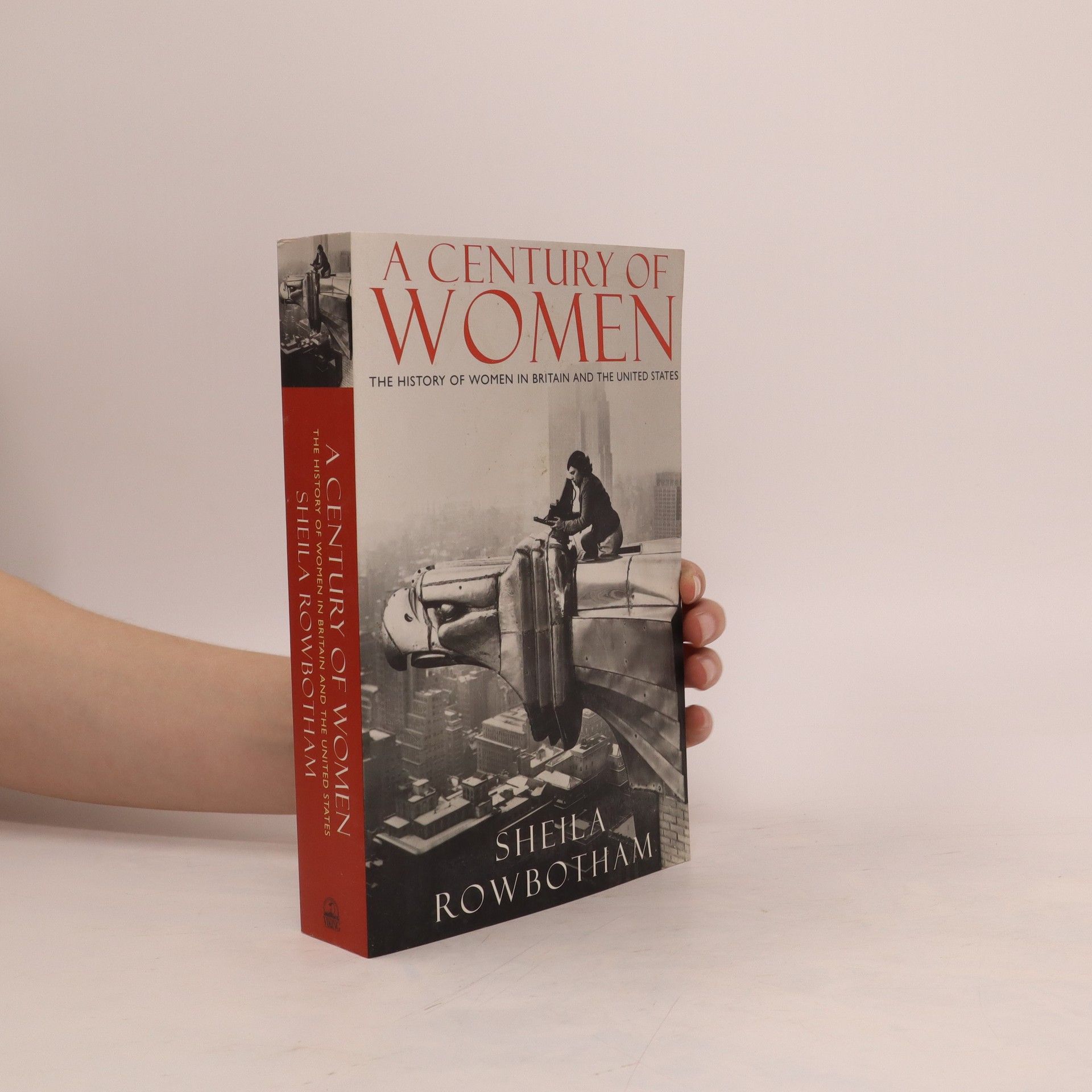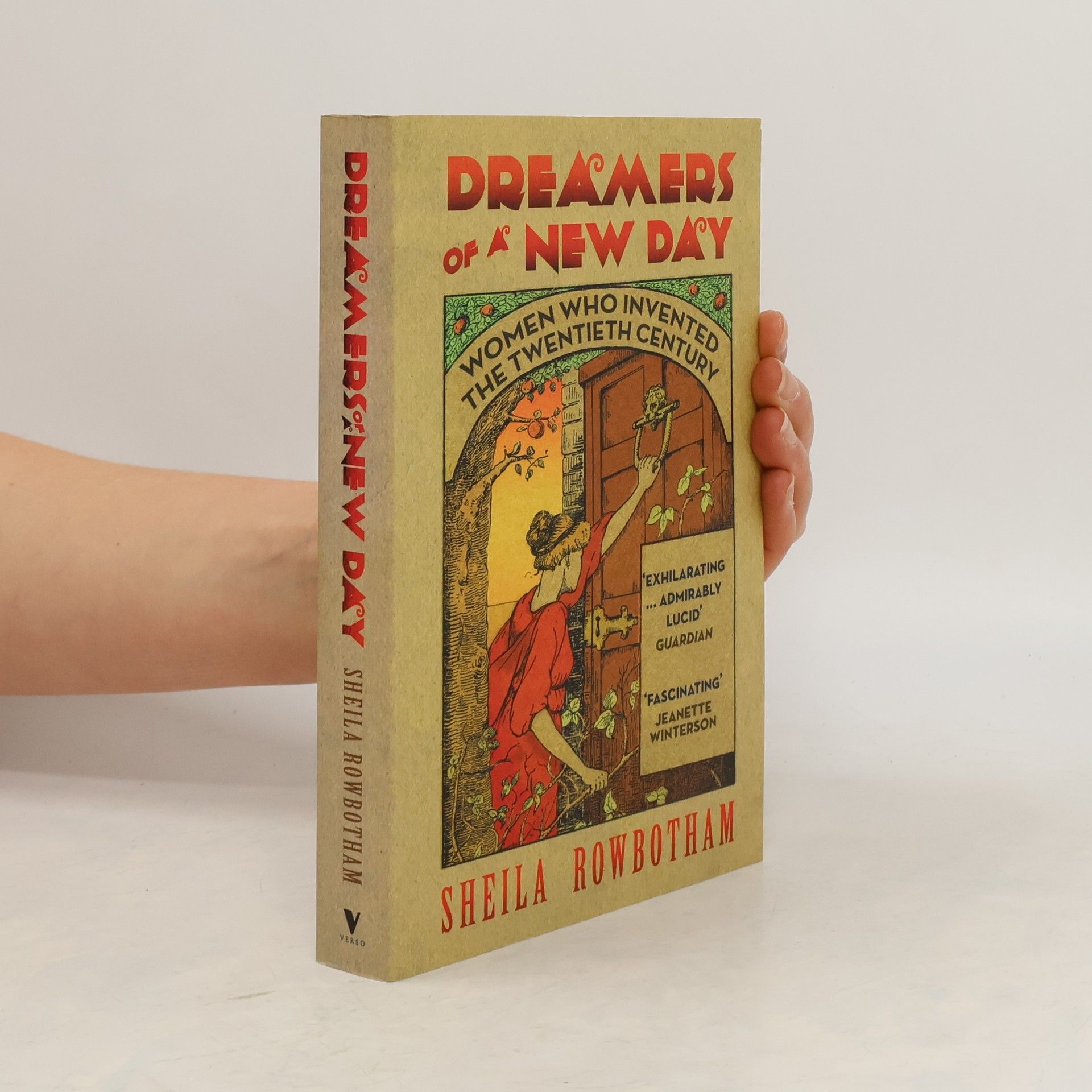Dreamers of a New Day: Women Who Invented the Twentieth Century
- 311 páginas
- 11 horas de lectura
From the 1880s to the 1920s, a profound social awakening among women extended the possibilities of change far beyond the struggle for the vote. Amid the growth of globalized trade, mass production, immigration and urban slums, American and British women broke with custom and prejudice. Taking off corsets, forming free unions, living communally, buying ethically, joining trade unions, doing social work in settlements, these “dreamers of a new day” challenged ideas about sexuality, mothering, housework, the economy and citizenship. Drawing on a wealth of research, Sheila Rowbotham has written a groundbreaking new history that shows how women created much of the fabric of modern life. These innovative dreamers raised questions that remain at the forefront of our twenty-first-century lives.




